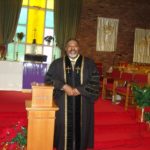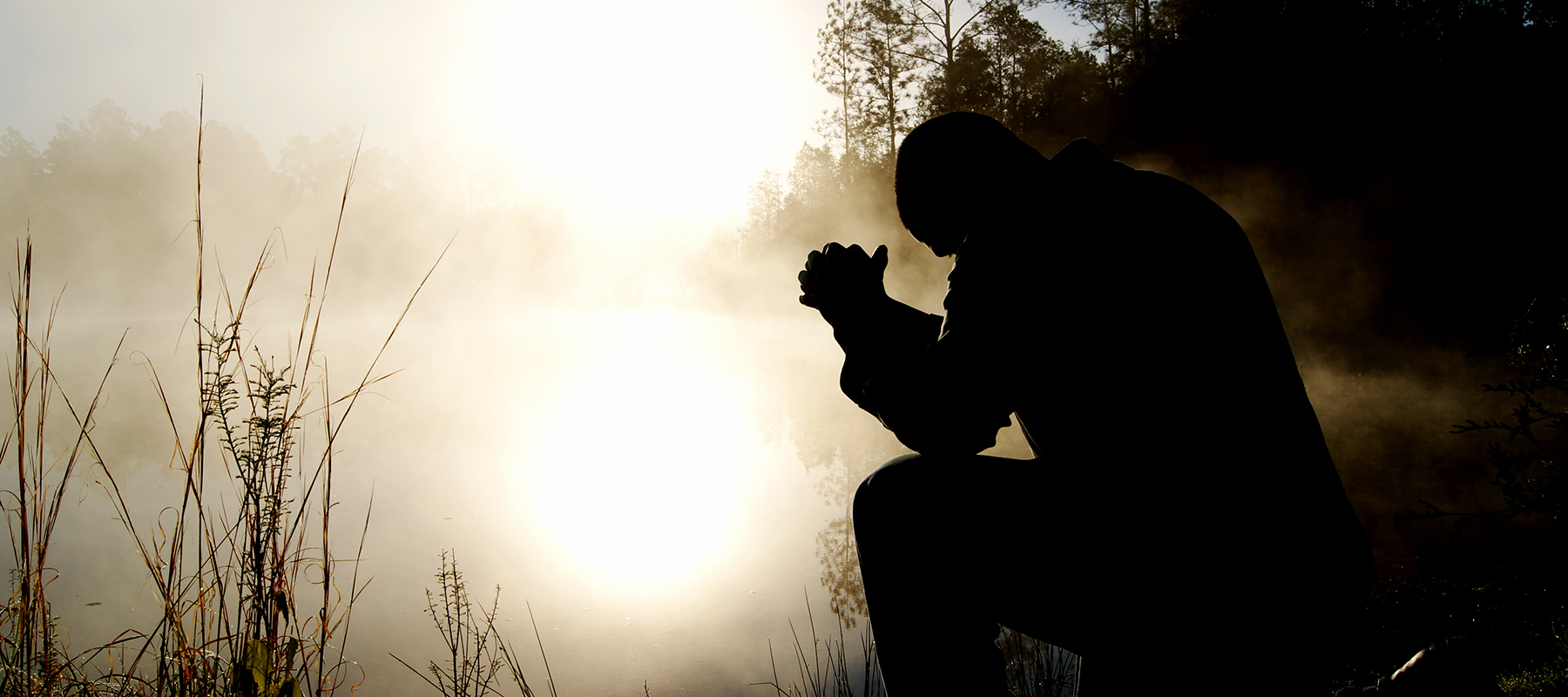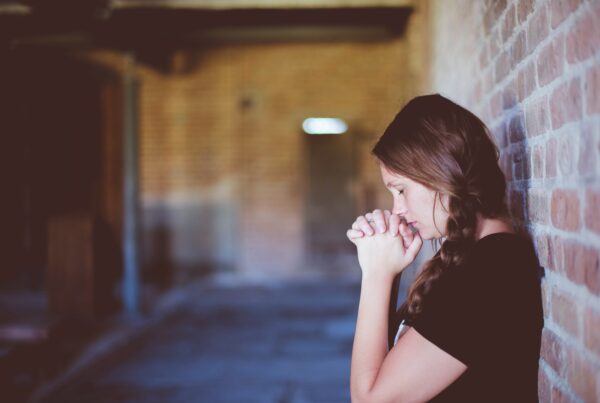This is part of a series of devotions reflecting on the lines of the Lord’s Prayer with an eye toward themes of justice and reconciliation. Explore more entries in this devotional series.
A s a child raised in a Christian home, the Lord’s Prayer was something we memorized by choice. It was a prayer of hope and a prayer of petition to ask God to “give us our daily bread” at the table. It was a prayer taught to us as the guideline for graceful prayer and communication with God. The words within the prayer became a song or a rap as children innovated at bedtime. This prayer taught me the importance of what it meant for the family to gather and understand the significance of God, to live in a social community filled with ills and with the essentials for God’s grace and forgiveness.
Related: What Is the Lord’s Prayer? Breaking Down How Jesus Teaches Us to Pray
As I grew up in Harlem, this prayer was recognized as a way to build a relationship with God and to know how to intercede with the Holy Spirit in a world filled with racism, discrimination, social injustice, and economic poverty. It was a prayer acknowledging the power of a God for all people, despite the coloration of our skins. It was a prayer offered by my grandmother as she preached and died in the pulpit. Truly it was a prayer that taught me that I was dependent on God for everything in my life.
As I became active with the Elmendorf Reformed Church as a teenager, the Lord’s Prayer became a prayer of the church community as a petition for forgiveness of our sins. For me, it was also a prayer of protection from the violence in our neighborhood and a prayer for deliverance from failing grades in school and from threatening gang confrontations. Whatever obstacles I faced, prayer helped me to become an active church leader. Sometimes I needed to pray so I did not make the same mistakes repeatedly.
Interestingly, as I learned the prayer, I was always curious about the final words of praise and exhortation: “For thine is the kingdom and the power and the glory forever.” I would always ask God, “What is the significance of Jesus using these concluding words, which are similar to the prayer of David in 1 Chronicles 29:10-11, as he taught his disciples how to pray?”
Growing up in an environment of white privilege, white mobility over people of color, and systemic racism, I came to understand that Jesus faced some of the same prejudices in his ministry. He wanted to end the prayer with a sobering word concerning the time of trial and rescue from the evil one. But there’s more.
As a minister of Word and sacrament, Jesus wanted me to know that despite persecution, there is hope in his victory. The end of the Lord’s Prayer parallels the beginning. We pray, “Thy kingdom come,” and we affirm at the end, “Thine is the kingdom.” It is a prayer of affirmation that truly affirmed what my mother taught us: that God has the power in God’s hand. So, it was this prayer that encouraged me as a child into my adulthood and taught me to revere God by adoring God’s presence in my life. Through God’s power, I could thereby overcome the difficulties in my daily Christian journey and the challenges I faced being a child of God, for I knew—and know—that God will reign over all evil and injustices.
Prayer: Dear Lord Jesus, I thank you. For thine is the kingdom, the power, and the glory forever! Help me to remember these words in my Christian witness and walk with you. I pray that as I keep repeating these words of hope that my life will be transformed daily toward your kingdom, filled with your power, and blessed in your glory. I pray that the face of darkness, racism, sexism, disunity, brokenness, poverty, hatred, and evil lie powerless in this world. In Jesus’s name, amen.
Learn more about the meaning of this line from the Lord’s Prayer.

Rev. Dr. Micheal Edwards
Rev. Dr. Micheal Edwards was called as a minister of Word and sacrament in the Reformed Church in America in 1984. He serves as the senior minister of the DeWitt Reformed Church in New York, New York, and also serves the Regional Synod of New York as interim executive minister. He is known by his colleagues as a phenomenal person, aggressively energetic, and a dynamic member in the Reformed Church in America. From his early life in Harlem to the present, Rev. Micheal Edwards has sought to apply his faith in Christian witness, administration, and discipleship.



